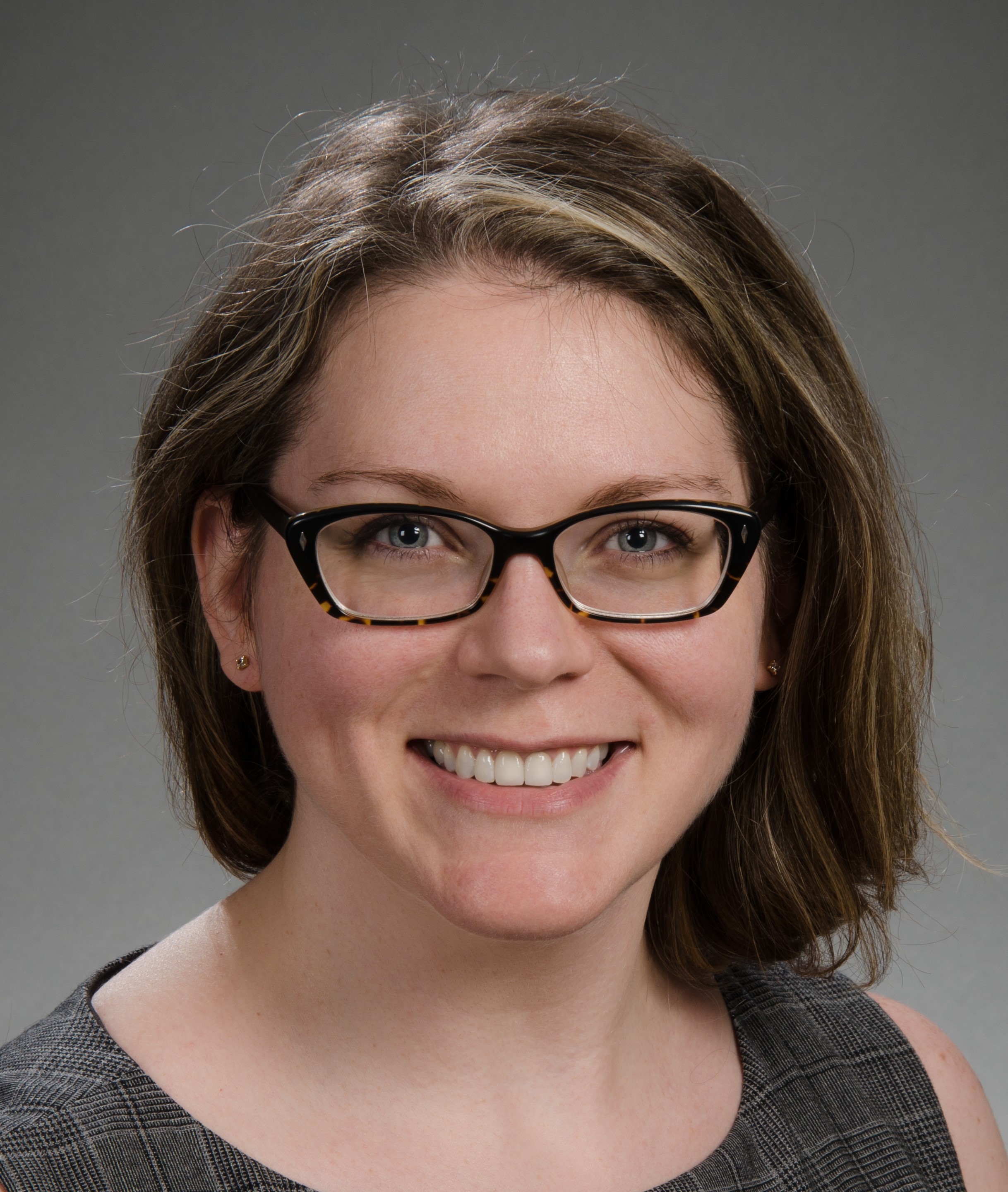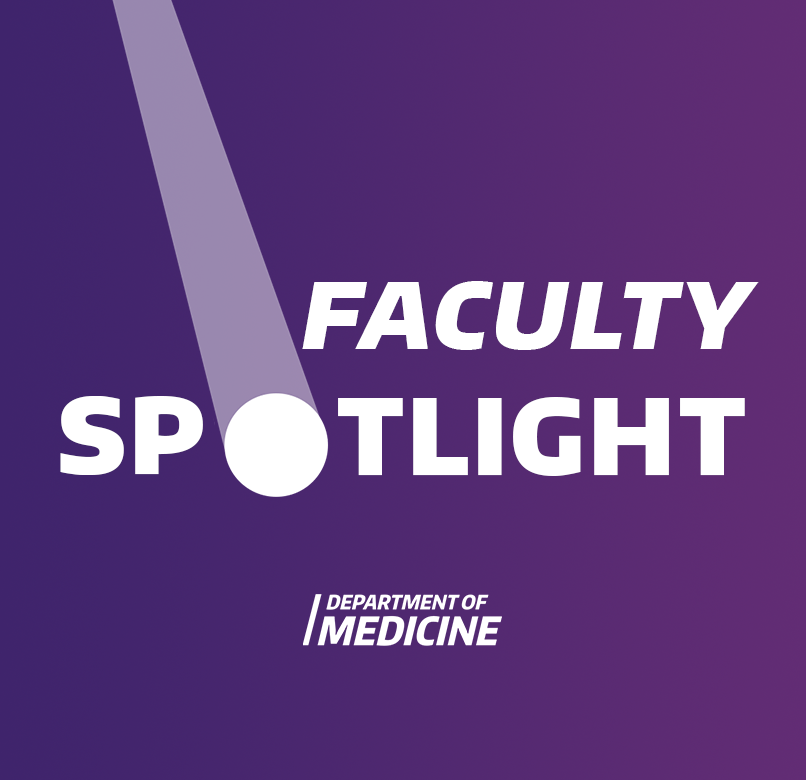

Faculty Spotlight: Elizabeth Blue
Dr. Elizabeth (Liz) Blue is a researcher with a passion for storytelling. Her work combines an element of both to investigate the connections between history, genetics and health.
Background
“Our past leaves signatures on our DNA. Our bodies reflect that past along with our current environment, while variants associated with disease can tell us about our future risk as well as the risk to our descendants.”
Blue was first introduced to biological anthropology as an undergraduate at Indiana University. While studying anthropology and economics, she said she was “fascinated by the idea that our bodies contain information about our past, present, and future.”
After undergrad, she attended the University of Utah where she received her MS and Ph.D. in Anthropology, conducting her Ph.D. research and training with Drs. Alan Rogers, Lynn Jorde, and Dennis O’Rourke. “My graduate training focused on learning about our past through population genetics,” she said, “making sense of patterns of human genetic diversity created by historic and prehistoric events.”
Blue came to the UW for postdoctoral training focused on statistical genetics with Dr. Ellen Wijsman. As a postdoc, her statistical genetics toolkit expanded to include genetic epidemiology as she learned to distinguish between background variation and variants contributing to disease in populations and within families.
Research
Blue has been a Medical Genetics faculty member since 2011 and is now an associate professor of medicine, and core faculty for the Institute for Public Health Genetics and both the Statistical Genetics and Genetic Counseling Graduate Programs. She is also the Assistant Director of the Washington State Twin Registry and a member of the Brotman Baty Institute.
Her lab focuses on identifying genetic variants influencing disease within and between human populations, predicting and evaluating their functional consequences using multi-omics data and annotations including pathogenicity predictions.
“Our goal is to better characterize relationships between coding and non-coding pathogenic variants, risk loci, and genetic modifiers of both rare Mendelian disorders and common complex traits.”
She loves being able to connect the dots across disciplines and teams and as a result, her research is highly collaborative. Her work contributes to national and international consortia including the Alzheimer’s Disease Sequencing Project (ADSP), the Centers for Mendelian Genomics (CMGs) and the GREGoR Consortium, the Cystic Fibrosis Genome Project, and the Genome Sequencing Project. She also contributes to the Pacific Northwest Undiagnosed Diseases Network (UDN) Clinical Site where she leads the sequencing data analysis team.
“We are discovering novel gene-phenotype links,” Blue said of her team, “new mechanisms of disease for genes known to underlie a condition, and resolving diagnostic odysseys for patients who have been searching for answers for years.”
“It is amazing to watch our expert clinicians brainstorm diagnoses and to be able to nominate candidate variants that may explain the participant’s phenotype.”
Expanding reach
“Despite the many advances we’ve made, here through the UW Center for Mendelian Genomics and now the UW Center for Rare Disease Research, the link between genotype and phenotype is not always clear.”
Continuing this research is a necessary component in helping more people understand how their history and genetics contribute to their lives. This changing landscape also reinforces the need for genetic counselors to explain genetic test results to patients and families. A founding faculty member of the new Masters in Genetic Counseling program (established in 2021), Blue teaches the Biostatistics for Genetic Counselors class with Dr. Brian Shirts.
She is also active in broader human genetics professional communities, helping to expand the reach of genetics research. She currently serves on the Board of Directors for the International Genetic Epidemiology Society, the editorial boards of Human Genetics and Neurology: Genetics, and the Molecular Neurogenetics study section at the National Institutes of Health.
Outside of work
In addition to working with her research team, collaborators and trainees, Blue has two orange cats who, she said “are enthusiastic (but not very productive) research assistants.” She also loves baking and is an avid reader and player of story-driven video games.